Security – Types Of Safety And Security Functions I Hotels
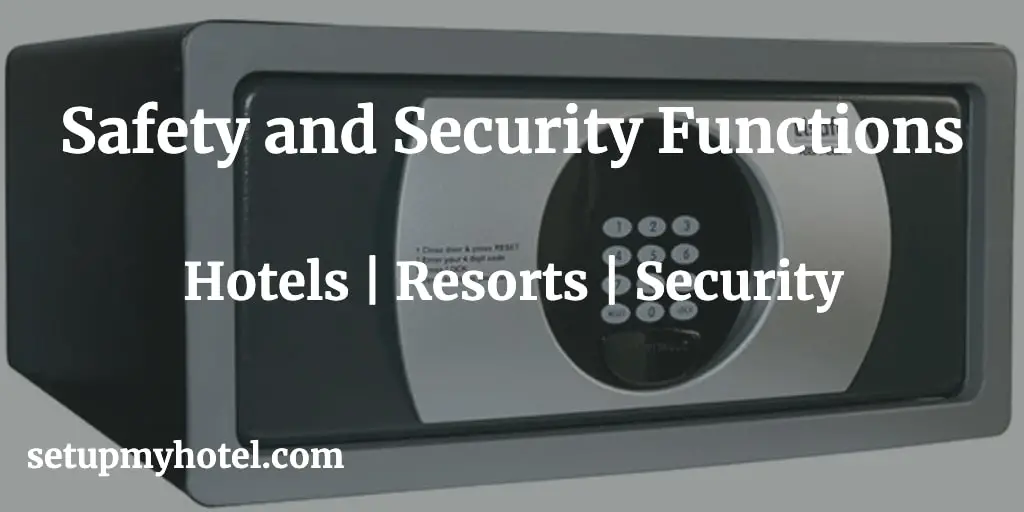
Types of Safety and Security Functions in Hotels Safety and security functions are an integral part of any hotel operation. ...
Read more
HR – Confidentiality Policy Sample For Hotel Staff | Managers
![Confidential Information Policy Sample for Hotel Staff & Managers Working at [Hotel Name] often gives you access to information about the company, colleagues, guests, or business partners that should not be made available to the public. When we ensure that only the appropriate people have access to confidential information, and when we use this information the right way by our policies and the laws, we help protect our Company, and those around us, from harm. The details mentioned in the below form are the basis of a sample basic confidentiality policy. Always seek professional advice before implementing such a policy in your hotel and resort. This confidentiality policy is to be signed by the Staff Member and by the Human Resources Manager at the time of joining the hotel.](https://setupmyhotel.com/wp-content/uploads/2023/09/Confidentiality-Policy-Sample.jpg)
Confidential Information Policy Sample for Hotel Staff & Managers Working at [Hotel Name] often gives you access to information about ...
Read more
HR – Complaint Handling Procedure For Bullying And Sexual Harassment
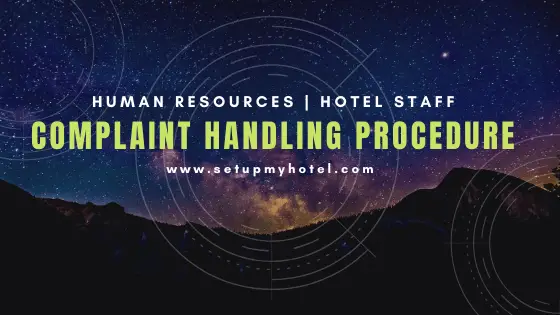
Complaint Handling Policy For Hotel Staff Bullying and Sexual Harassment Formal Procedures for Handling Complaints: The outcome of the Complaint ...
Read more
HR – Bullying And Sexual Harassment Policy Sample Hotel Staff
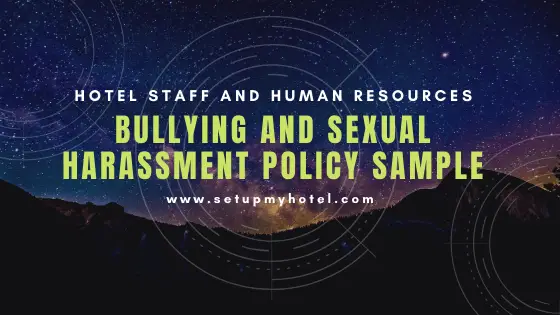
BULLYING & HARASSMENT POLICY SAMPLE FOR HOTEL EMPLOYEES Bullying and harassment of employees, whether by colleagues or management, is a ...
Read more
HR – Sexual Harassment Policy Sample For Hotel Staff

Sexual Harassment Policy Sample For Hotel Staff As a hotel, we prioritize the safety and comfort of our guests and ...
Read more
Security – How To Prevent Theft By Hotel Staff And Hotel Guests?
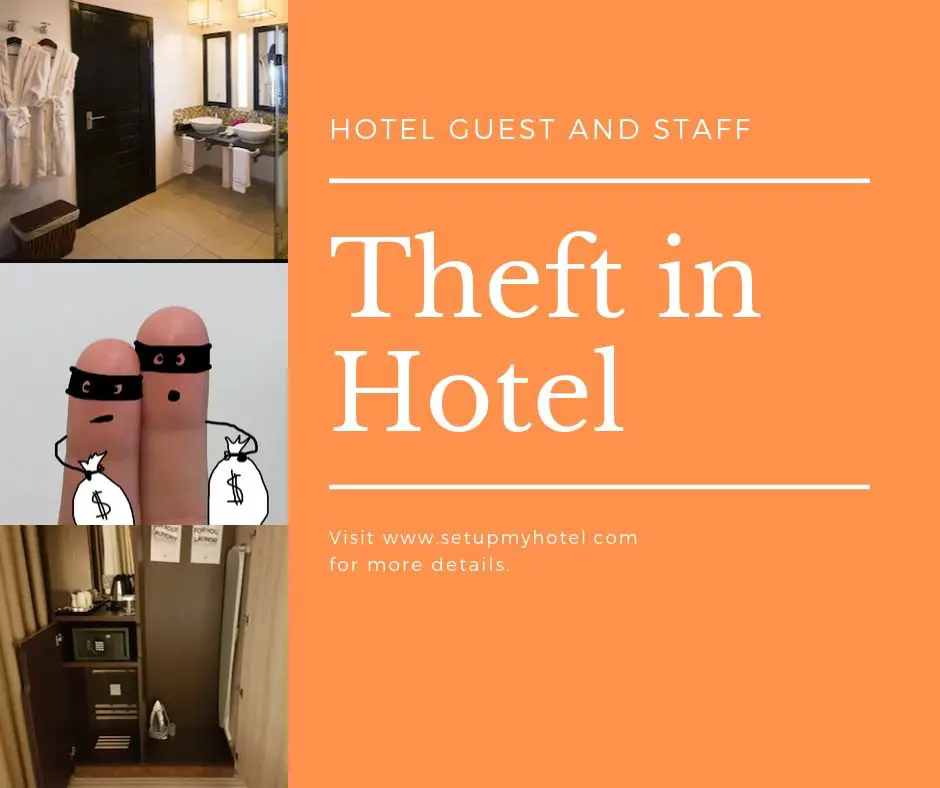
How to Prevent Theft By Hotel Staff and Hotel Guests? Hotels are a place where we expect to feel safe ...
Read more
HR – Hotel Staff Policy For Computer, Email And Internet Usage Sample
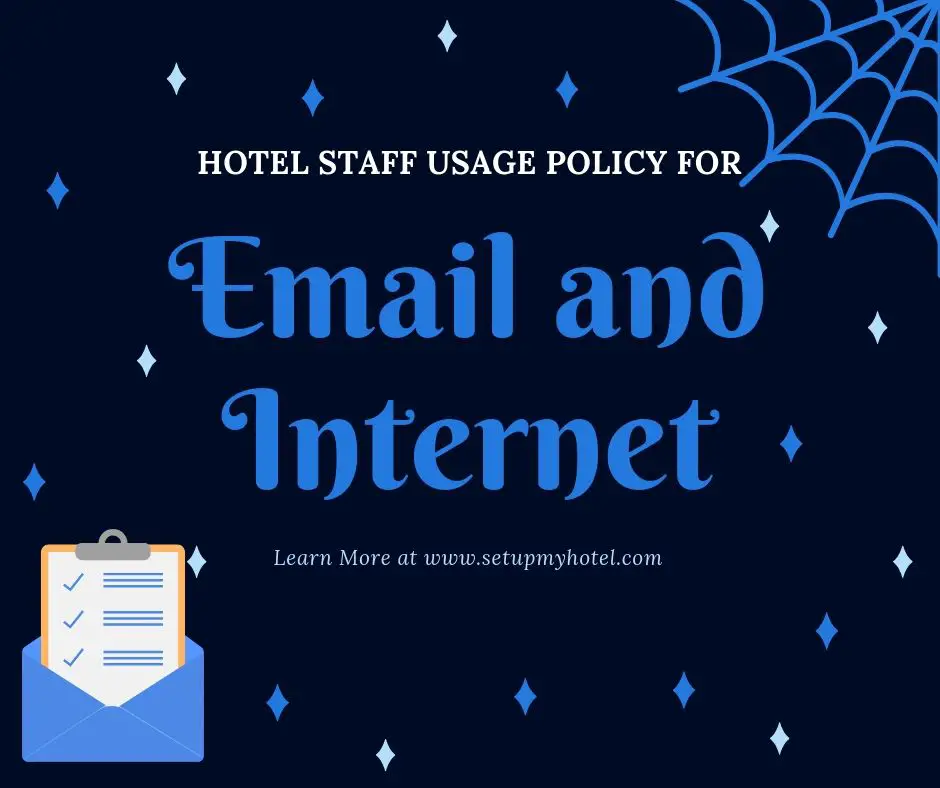
Hotel Staff Computer, E-mail, Social Media and Internet Policy Sample In today’s digital age, it’s important for hotels to establish ...
Read more
Management – Achieving Energy Savings With Lighting Control

How To Save Electricity With Smart Systems And Procedures? Saving Electricity in the Guest Room For new hotel construction, choose ...
Read more
Security – Establishing An Effective Guestroom Lock Policy
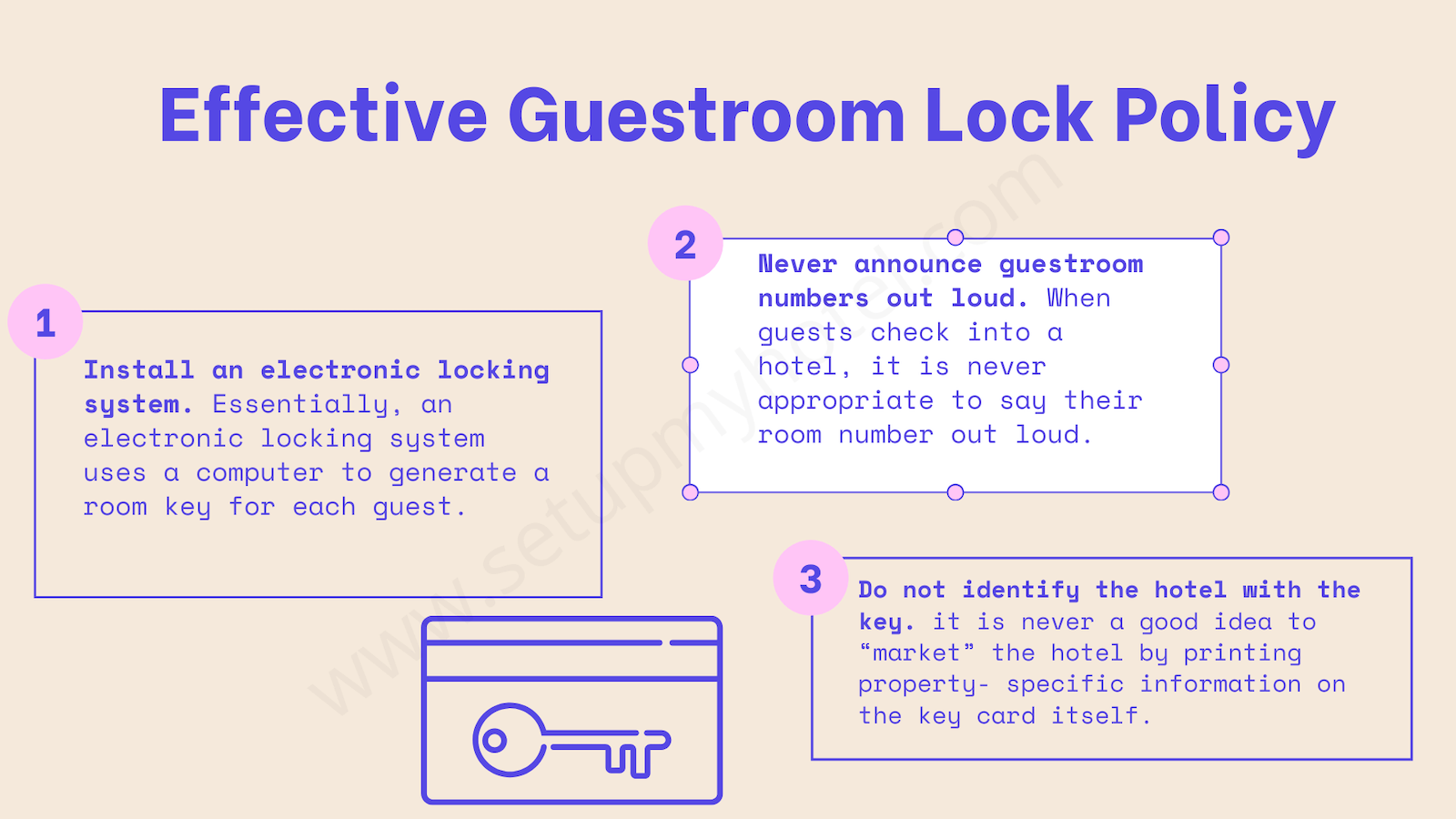
Establishing an Effective Guestroom Lock Policy The following steps outline an effective policy to protect the security of hotel guests ...
Read more










